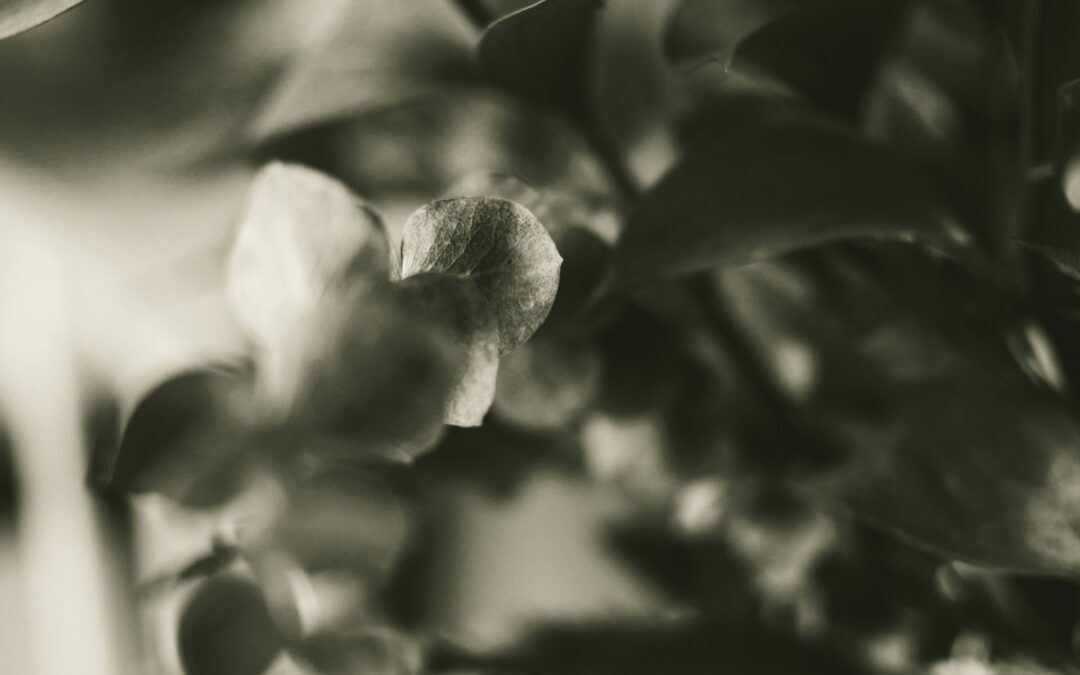Taoism, an ancient mystical, philosophical, and religious tradition originating in China, offers profound insights into living in harmony with the Tao, the fundamental force that underlies the universe. The Tao Te Ching is central to Taoism, a work attributed to the enigmatic sage Lao Tzu, which contains a wealth of wisdom. However, Taoism encompasses more than just this text; other ancient works, including Zhuangzi and Liezi, also contribute to its rich philosophy. In this article, we delve into Taoist wisdom for inner peace.
A Counterpoint to Modern Culture
Taoism is a stark counterpoint to the prevailing ethos of our modern culture, which often emphasizes relentless pursuit, achievement, and the constant striving for more. In a world that champions the “work hard, play hard” mentality, Taoism offers an alternative perspective—a way of living that is less burdensome and less glamorous, yet deeply profound. It encourages us to align ourselves with the Tao and find tranquility amidst life’s chaos. Here, we explore four nuggets of Taoist wisdom that can lead us closer to the Tao.
1) Don’t Stand on Your Tiptoes
In today’s culture, it’s commonplace to overextend ourselves in the relentless pursuit of our goals. We rush, exaggerate our achievements, engage in self-aggrandizement, and push ourselves to the limit. However, the Taoists caution against such behavior, likening it to standing on tiptoes. This unstable position can lead to vulnerability and stress.
As Lao Tzu eloquently states, “Those who stand on tiptoes do not stand firmly. Those who rush ahead don’t get very far. Those who try to outshine others dim their own light. Those who call themselves righteous can’t know how wrong they are. Those who boast of their accomplishments diminish the things they have done.”
In essence, the Taoist wisdom urges us not to rush into tasks, refrain from living beyond our means, be honest about our abilities, and avoid excessive self-promotion. Instead, we should embark on our endeavors in a sustainable manner, within the bounds of our true capacities.
2) Let Softness Overcome the Hard
Building upon the idea of not standing on tiptoes, Taoism emphasizes the power of softness in overcoming even the most formidable challenges. Lao Tzu poetically illustrates this principle: “Water is the softest and most yielding substance. Yet nothing is better than water, for overcoming the hard and rigid because nothing can compete with it.”
Softness, as Taoists believe, has the potential to erode the hardest obstacles over time. This aligns with the concept of discipline, where repetitive small efforts accumulate to achieve significant undertakings. Patience, a form of softness, plays a crucial role in this process. Additionally, the willingness to let go and allow the natural course of events to unfold is another facet of softness.
Flexibility, a hallmark of softness, enables individuals to adapt to changing circumstances gracefully. Just as water, when faced with an obstacle, seeks alternative paths to flow, we, too, can navigate life’s challenges with resilience and adaptability.
3) Appreciate Uselessness
Contrary to societal expectations that prioritize utility and usefulness, Taoism champions the value of uselessness. In the Zhuangzi, a story about a crooked and seemingly useless tree unfolds. The lumberjack hesitates to cut it down, deeming it a waste of effort and resources. However, Zhuangzi recognizes the tree’s uniqueness and the virtue of its uselessness.
The straight trees, prized for their utility, are felled, while the crooked tree is spared. People begin to revere it as a sacred object due to its deformities and age. This tale challenges our society’s emphasis on productivity and the pursuit of desirable traits.
Taoism suggests that those who lack certain qualities or gifts should find solace in their “uselessness.” Paradoxically, such individuals may be spared from exploitation and undue hardship. In a world that often values utility over all else, the Taoist perspective offers a refreshing counterpoint.
4) Don’t Strive, but Flow Along
Taoist wisdom reminds us that relentless striving often leads to an illusionary chase for external possessions and status. While accomplishments are not inherently evil, the Taoists contend that they should not become the sole focus of our lives. Excessive materialism and constant pursuit can yield anxiety and discontent.
Zhuangzi’s insights urge us to shift our perspective. Rather than striving, we should learn to flow along with the natural currents of life. This entails appreciating the present moment and relinquishing our fixation on a hypothetical future. By adopting a more natural approach, we discover that many of life’s blessings come effortlessly, without the need for incessant striving.
Just as a bird sips only enough water to sustain itself or animals in hibernation consume just what is necessary to endure the winter, we can find contentment in moderation. Embracing this flow means accepting the slowness of natural processes and allowing the universe to manifest itself.
Conclusion
Taoism offers a profound philosophy that encourages us to seek inner peace by aligning ourselves with the Tao, the all-encompassing force of the universe. In a world driven by relentless pursuit and achievement, these four pieces of Taoist wisdom serve as a beacon of tranquility. They remind us to ground ourselves, embrace softness, appreciate our “uselessness,” and flow along with the natural currents of life. By integrating these principles into our lives, we can move closer to the elusive state of inner peace that Taoism holds dear.

